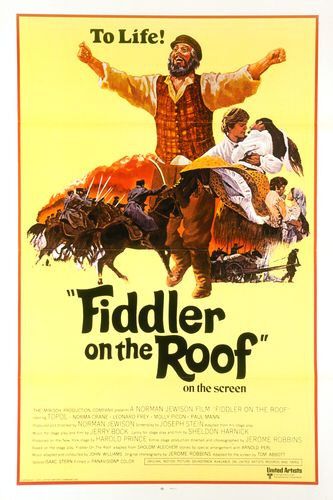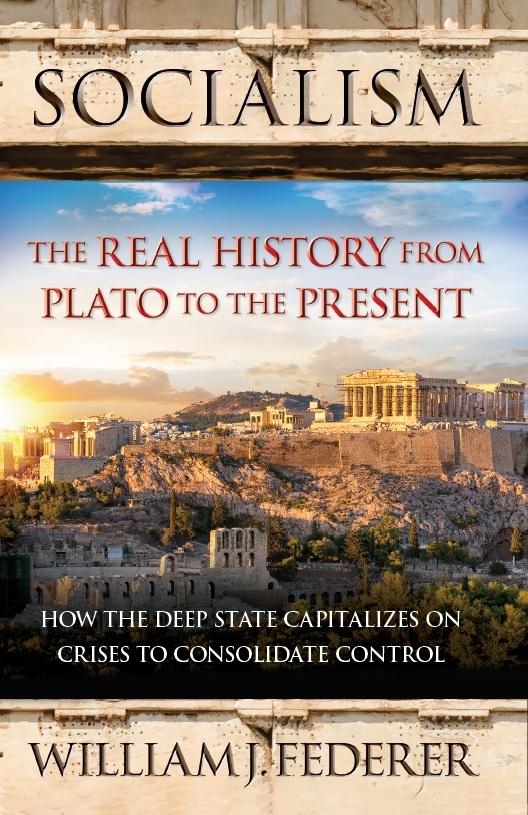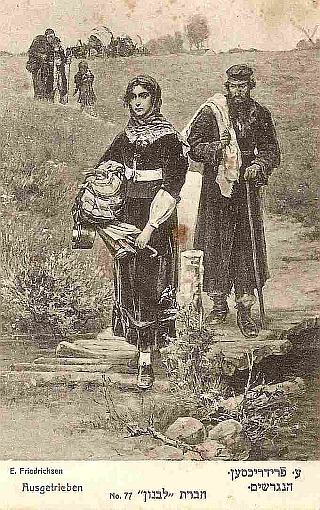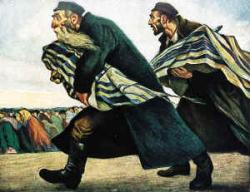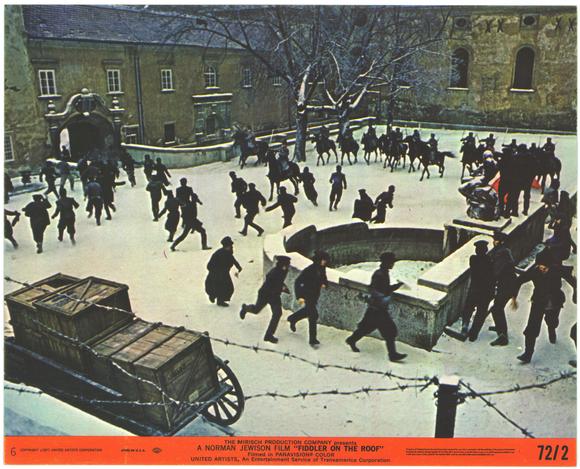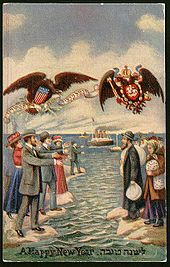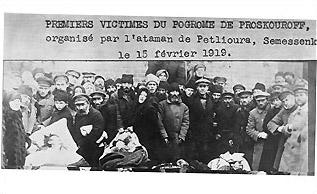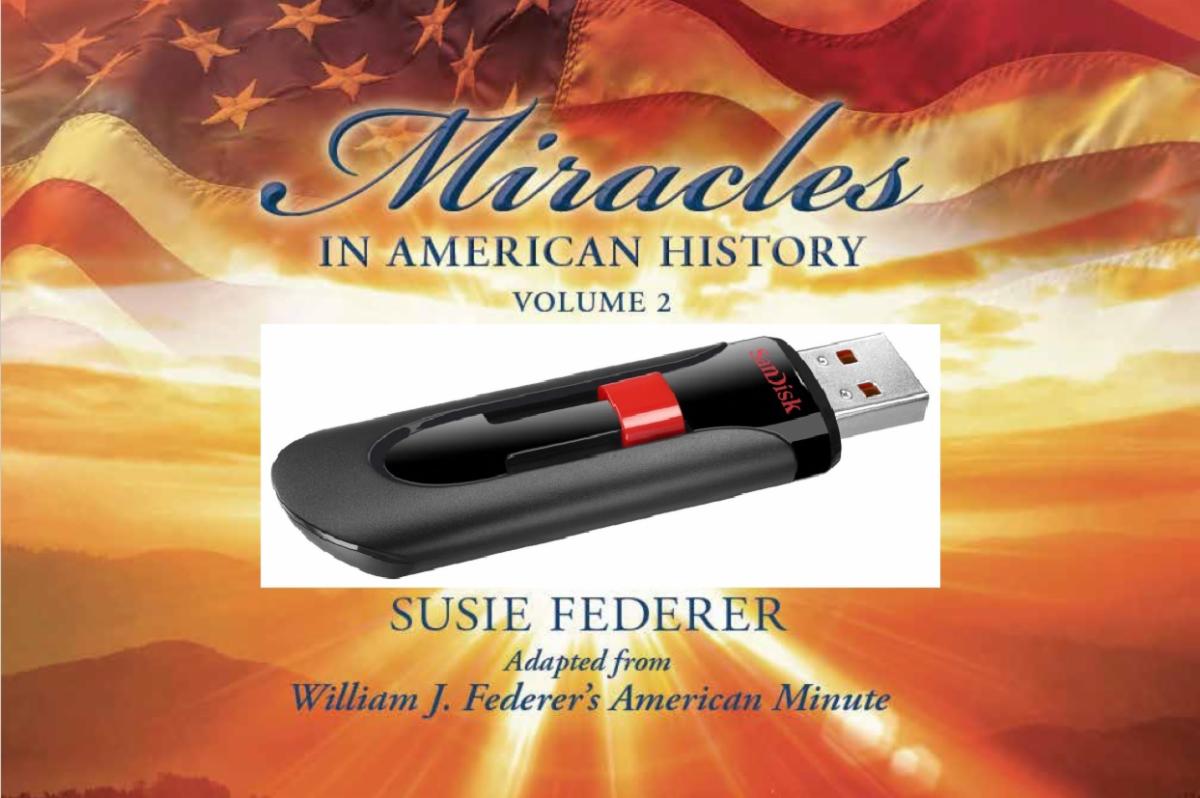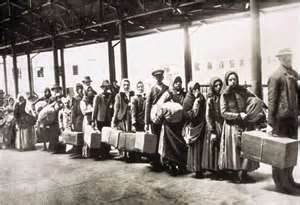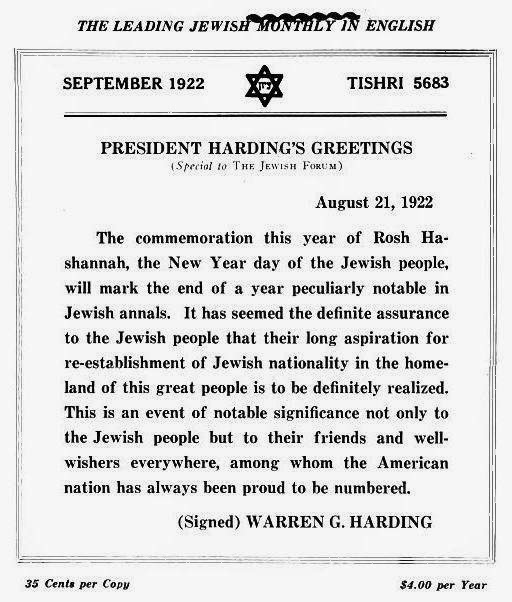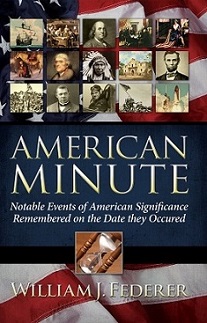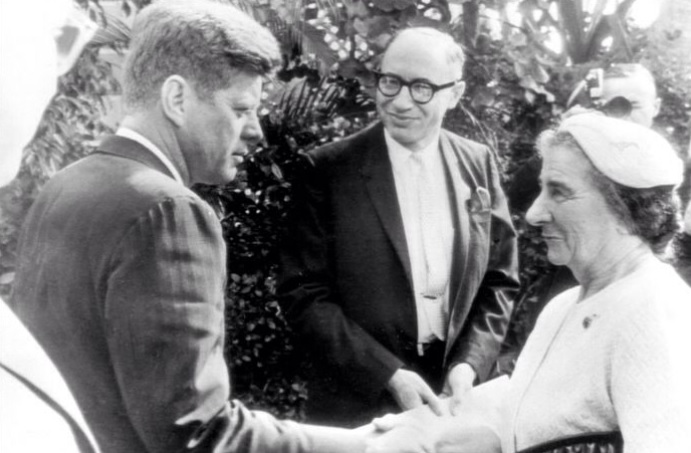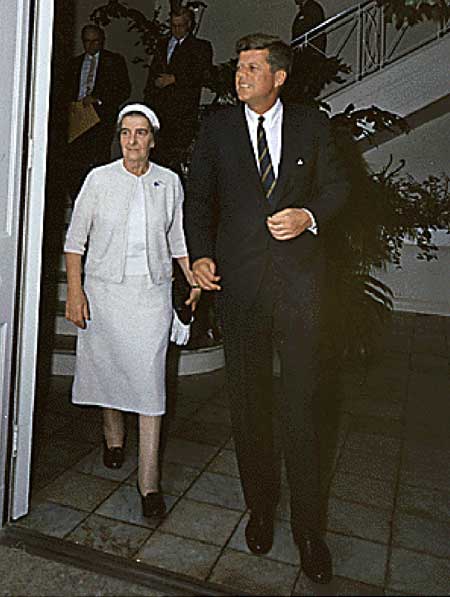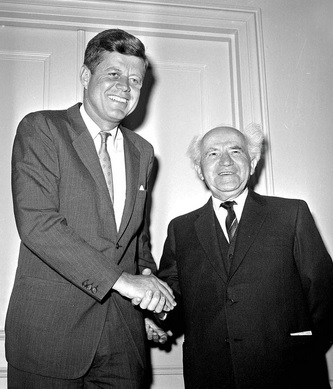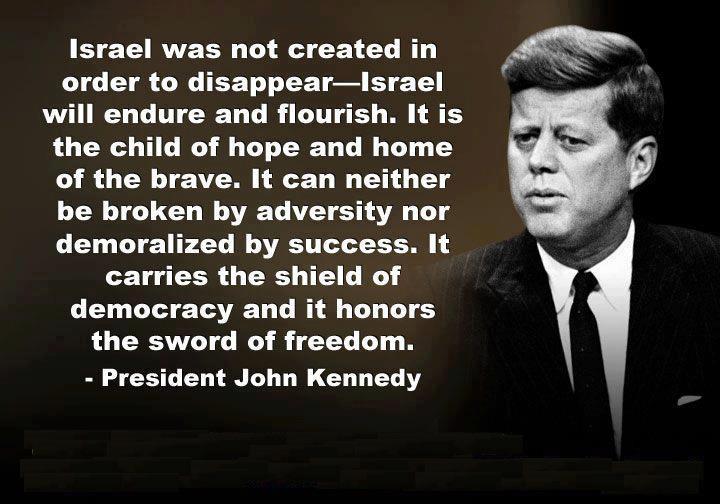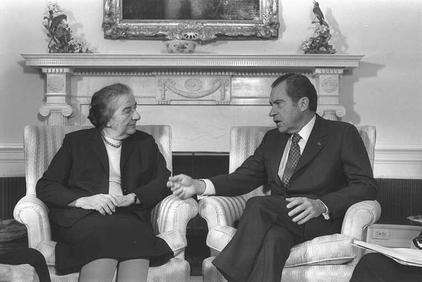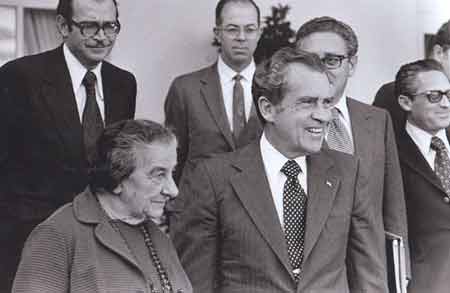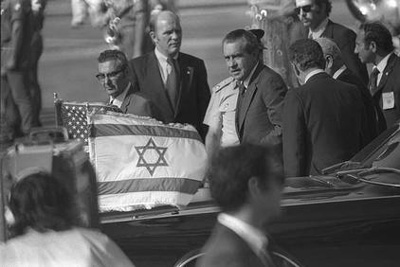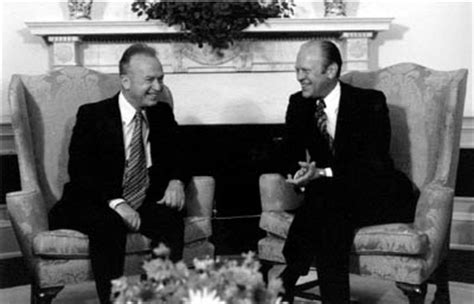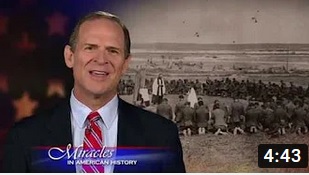Kennedy concluded:
“When I talked with Prime Minister Ben-Gurion on his most recent visit to this country, he told me of dangerous signs of unrest beneath the deceptive quiet that has fallen over the Middle East …
Arab … destructive vendetta can come nothing but misery and poverty and the risk of war.
The Middle East needs water, not war; tractors, not tanks; bread, not bombs … Ancient rivers would give their power to new industries. The desert would yield to civilization.
Disease would be eradicated, especially the disease that strikes down helpless children. The blight of poverty would be replaced by the blessings of abundance.
‘Seek peace, and pursue it’ commands the psalmist.”


